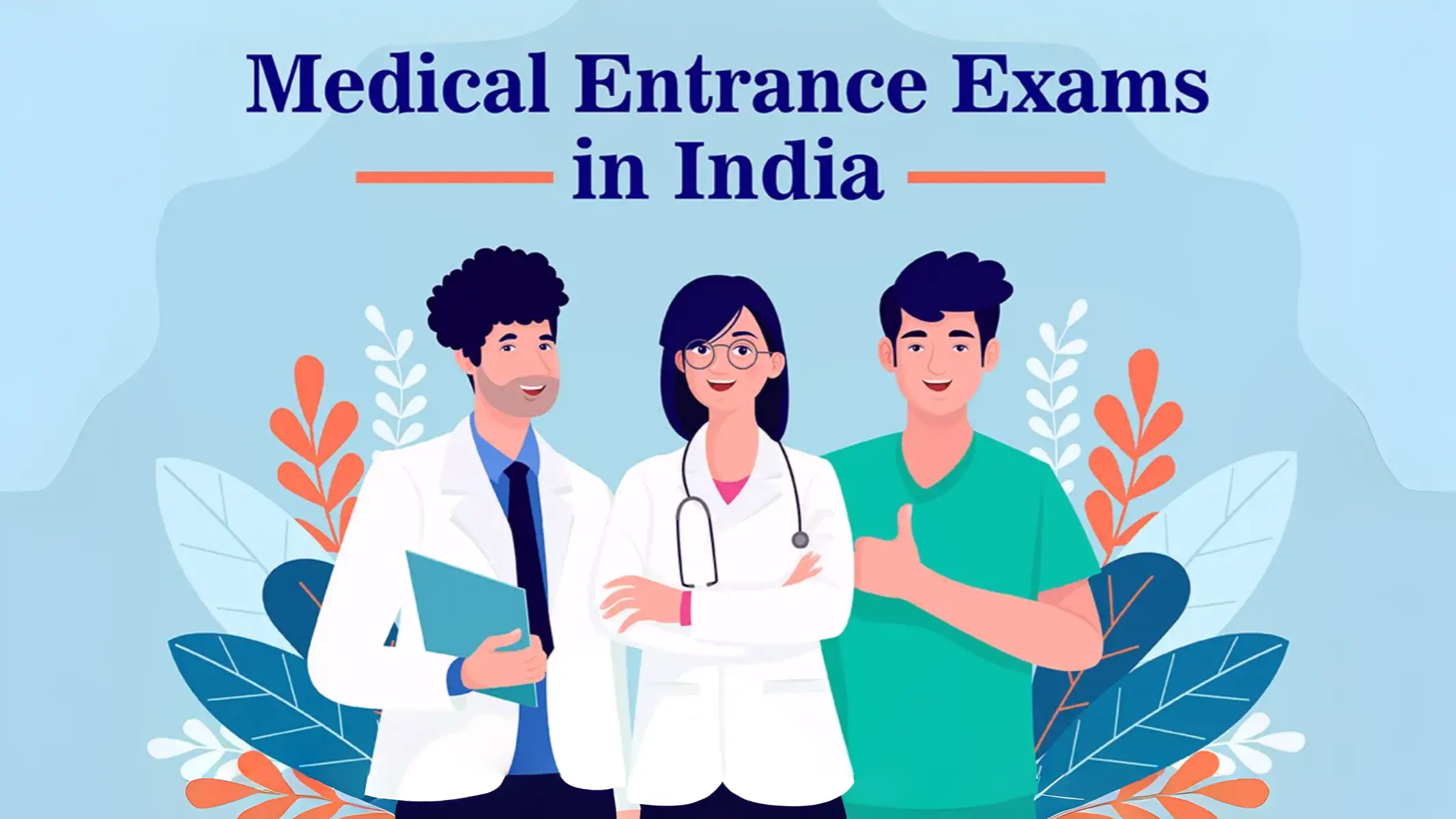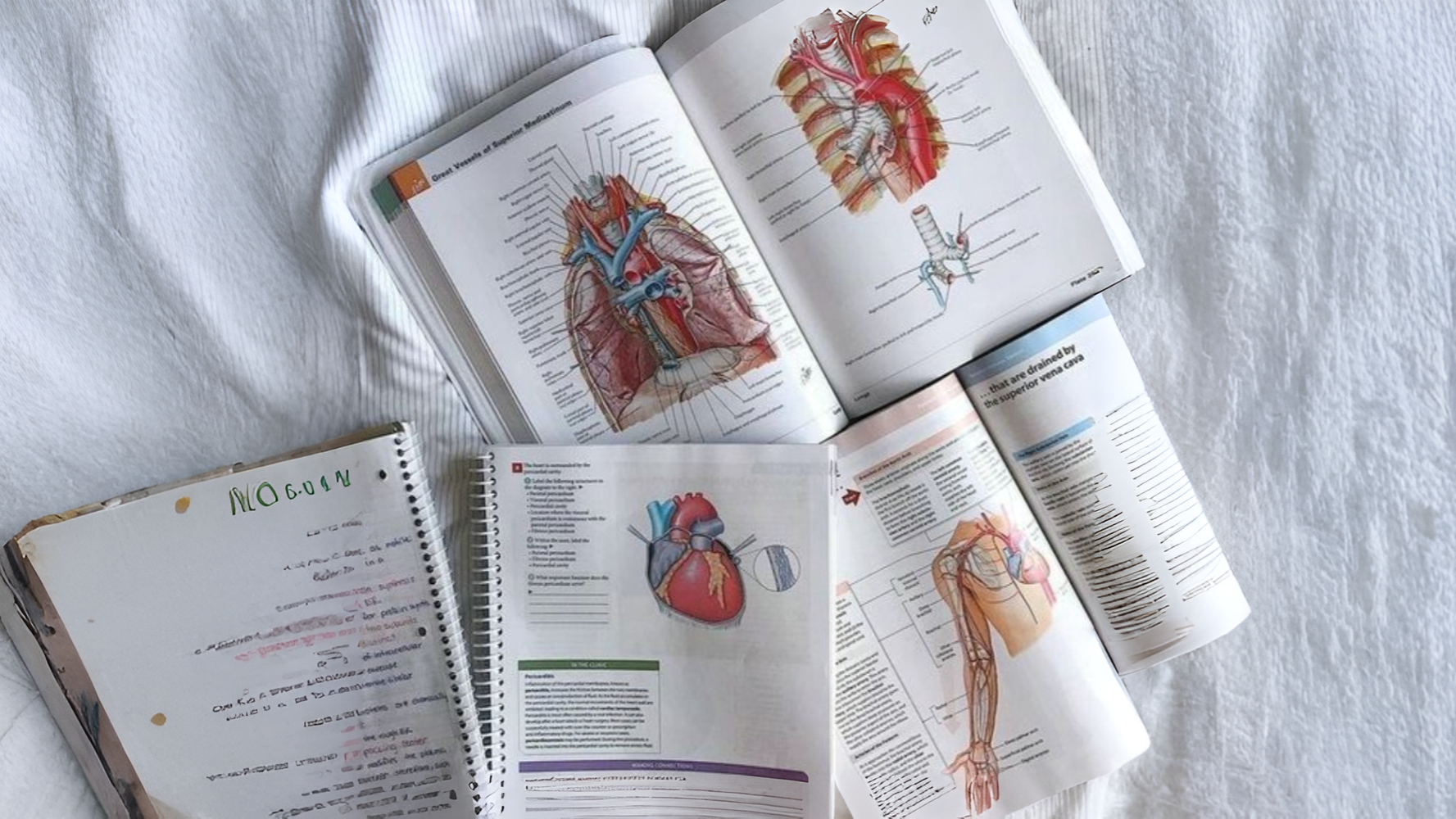t's crucial to have a structured and strategic approach when I
prepare for the medical entrance exam in India. These exams, such as
NEET, are highly competitive, and my preparation needs to be thorough
and well-planned. Here are some effective ways I approach my study
regimen:
Firstly, I start with understanding the syllabus. Medical entrance exams generally cover topics from Physics, Chemistry, and Biology
as per the NCERT curriculum for Classes 11 and 12. I make sure I have
the latest syllabus and closely track which topics I need to focus on.
This helps me prioritize my study plan and allocate sufficient time to
each subject.
Next, I create a study timetable. Irrespective of
how much or how efficiently I study, having a timetable guides my
efforts. I allocate specific time slots for each subject and stick to it
diligently. I also incorporate short breaks to prevent burnout and keep
my mind fresh. This structure in my daily routine allows me to cover
all necessary topics without feeling overwhelmed.
In addition, using reference materials is important
for my preparation. While NCERT textbooks are foundational, I supplement
my studies with other reference books that are popular among medical
aspirants. These additional resources often provide a different
perspective or explanation that can aid in my understanding. I also
utilize online resources, such as video lectures and test series, which help clarify difficult concepts and offer exam-like practice.
Practice plays a fundamental role in my preparation. I regularly solve previous years' question papers
and take mock tests. This helps me gauge my understanding of each topic
and manage my time effectively during exams. Analyzing my performance
in these tests allows me to identify my strengths and weaknesses, which
is vital for me to improve.
Additionally, I find it helpful to join study groups
or forums. Collaborating with fellow aspirants exposes me to different
problem-solving methods and enhances my grasp on complex topics.
Discussing with peers can also keep me motivated and accountable for my
study goals.
It's important to take care of my physical and mental health.
I focus on getting adequate sleep, eating nutritious meals, and
engaging in regular exercise. This ensures I remain energized and
focused during my studies. Meditation or deep breathing exercises can
also help me manage stress, particularly as the exam date draws closer.
Lastly, I nurture a positive mindset and stay persistent. Preparing
for medical entrance exams can be a long and arduous journey, but I
remind myself of my goal consistently. Visualizing my success fuels my
motivation and keeps me on track.
To wrap things up, effective preparation for the medical entrance
exam in India requires a systematic approach that encompasses
understanding the syllabus, creating a study timetable, utilizing
diverse resources, practicing diligently, and maintaining overall
well-being. Staying consistent and fostering a positive attitude will
guide me toward achieving my dream of pursuing a career in medicine.



